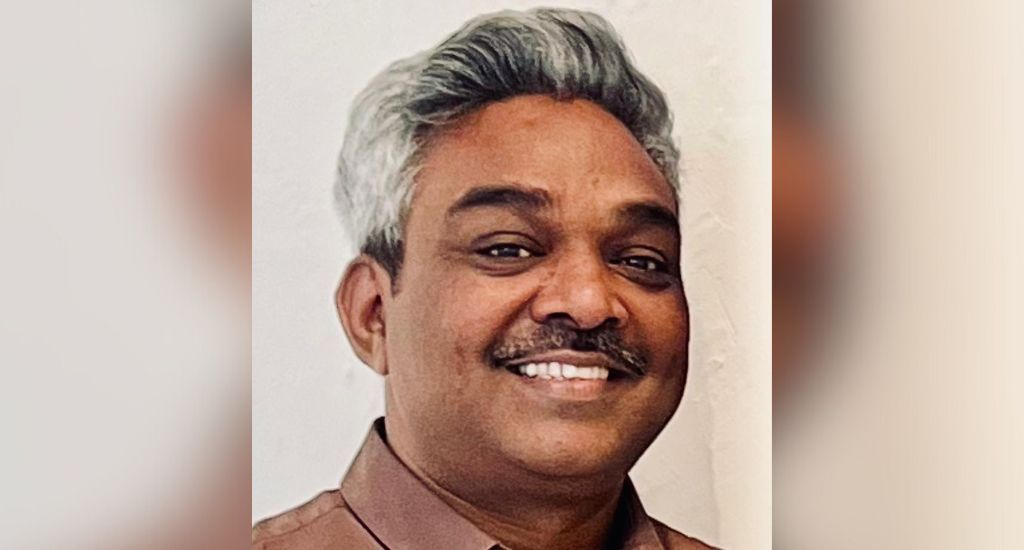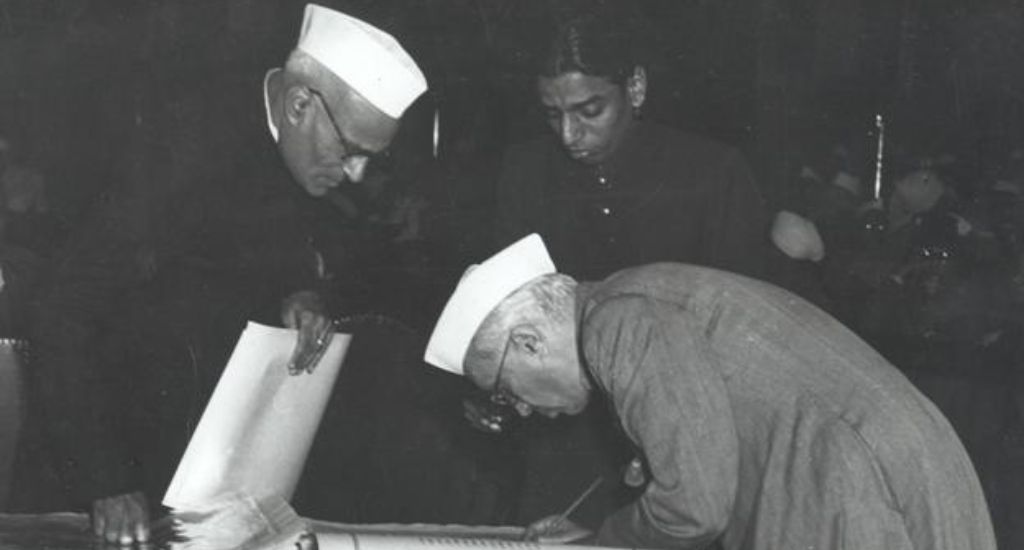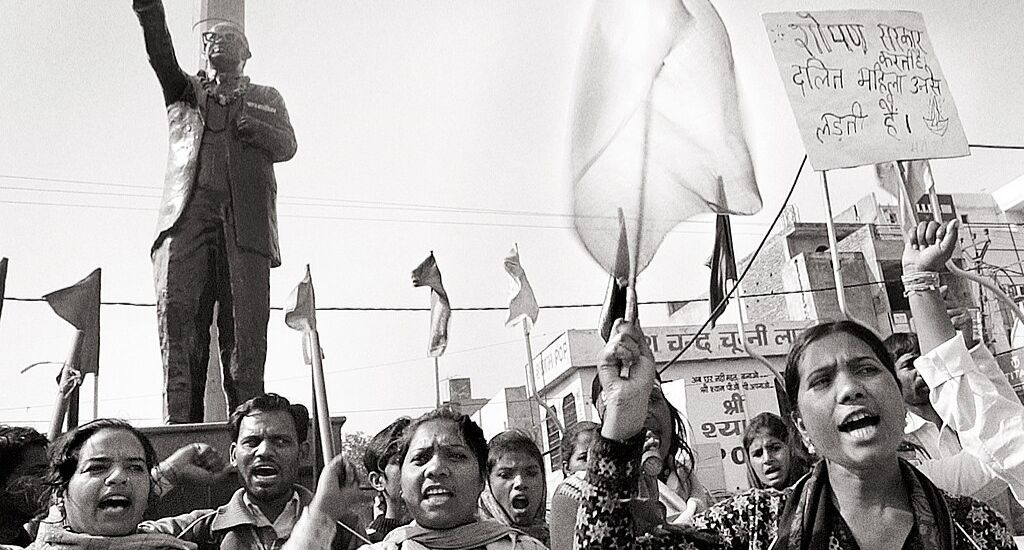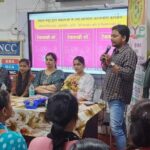Dr Harish Wankhede, senior faculty at the Centre for Political Studies in Jawaharlal Nehru University (JNU), speaks to Village Square for International Minority Rights Day. dalits
KY: What has been the most significant change in the status of Dalits since India achieved Independence?
HW: Today, there’s a visible and vibrant presence of Dalit political actors in legislative bodies, and they’re increasingly integrating into civil society and middle-class socio-cultural organisations. The Indian Constitution has provided Dalits with essential legal protections and opportunities to overcome their historically wretched social and economic conditions, enabling them to actively participate in India’s development. Additionally, small but impactful Dalit groups are emerging in the market economy as retailers, businesspersons, and entrepreneurs. This marks a crucial transformation for a community that was long denied access to basic human entitlements.

Also Read: How joint farming in Punjab is allowing Dalits to rewrite their destiny
KY: But what is it like for rural Dalits compared to their urban counterparts?
HW: Traditional socio-cultural hierarchies have remained largely unchanged. Even in urban spaces, people continue to form social and class groups based on linguistic and caste kinships. Dalits, burdened by the prejudices attached to their identity, often hesitate to enter such spaces as equal and proud individuals. In rural settings, these divisions and hierarchies are even more pronounced. Caste identities become particularly evident in marital relationships, where the conventional ruling elites perceive inter-caste marriages as a direct threat to their socio-cultural pride and dignity.
KY: To what extent have the policies been able to address the overall social and economic emancipation of Dalits? How can the current policy framework be strengthened?
HW: The Indian Constitution stands as a formidable document on social justice. It mandates the governing elites to address social diversities, economic inequalities and caste-based hierarchies, enabling the state to implement effective public policies that challenge these societal deformities. India’s Reservation Policy serves as a vital institutional mechanism to ensure the participation of Dalits, Adivasis, Other Backward Classes (OBCs), and Economically Weaker Sections (EWS) in state institutions. This policy plays a key role in diversifying and democratising centres of power, thereby challenging the historical dominance of a few elite castes. Dalits, in particular, have significantly benefitted from this policy, as it has facilitated the emergence of a small but impactful middle-class within the community, integrating them into the nation’s economic and political development.

Also Read: Dalit woman leads fellow caste villagers to land ownership in Punjab
KY: Academia has time and again championed the role of market reforms in creating better economic opportunities for Dalits. To what extent do you agree with it?
HW: The market has the potential to be a powerful game changer. It has indeed been effective in reducing poverty and elevating a significant population, including a visible section of Dalits, to middle-class status. However, the Indian capitalist development, including the growth of the neo-liberal market economy, hasn’t penetrated deep enough to bring holistic and transformative changes to the lives of Dalits. A large majority of Dalits still survive as precarious poor, excluded from the benefits of economic development. Despite three decades of market reforms, India has not produced a significant number of capitalist business leaders or entrepreneurs from marginalized social groups, including Dalits. The market continues to operate within conventional social and caste networks, offering limited opportunities for Dalits to emerge as key participants in economic development.
KY: Has there been a shift of perception in terms of, what we call, the core Dalit identity?
HW: The Dalit identity has significantly transformed perceptions about lower-caste people, challenging notions that labeled them as untouchables, impure, and outcastes. The term Dalit emerged as a modern and empowering name to deconstruct traditional prejudice-based nomenclatures and position them as aspiring citizens of India. Today, the term Dalit represents a versatile and heterogeneous identity. While it serves as a unifying platform for various groups struggling for social and economic justice, it has never imposed a coercive or monolithic identity upon them. They are a crucial part of a long struggle to build an Indian society that cherishes the values of liberty, equality and fraternity.
Also Read: Education comes to a community ridiculed as rat-eaters
The lead image on top shows a protest. ‘Dalit’ represents a versatile and heterogeneous identity, serving as a unifying platform for various groups struggling for social and economic justice. (Pic courtesy: Wikimedia Commons)
Dr Wankhede was a visiting scholar at the Centre for South Asia, Stanford University, USA. He has written extensively in major national and international journals on the topics of caste, Dalit movement, Hindutva and social justice. His book on Dalit representation in Hindi cinema is due to be released soon.
Kiran Yadav is a Delhi-based freelance journalist.








